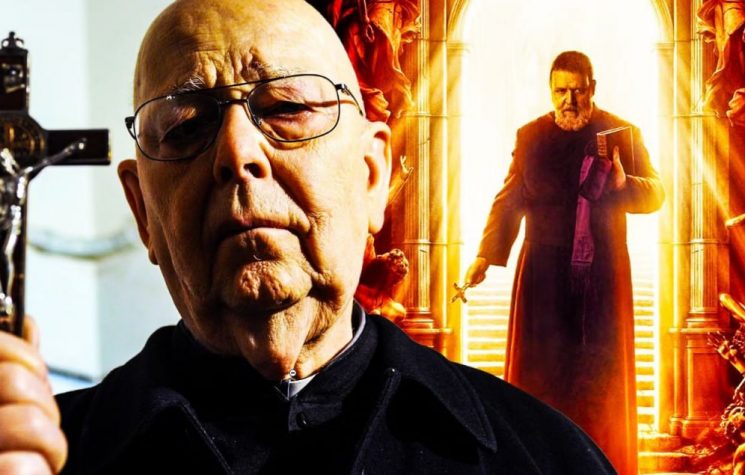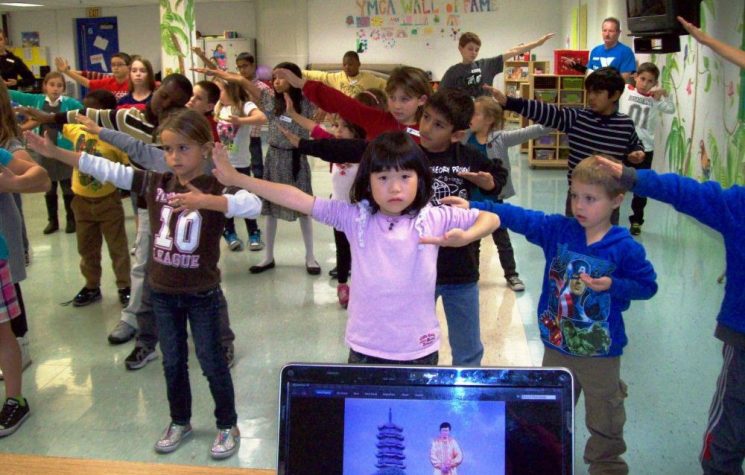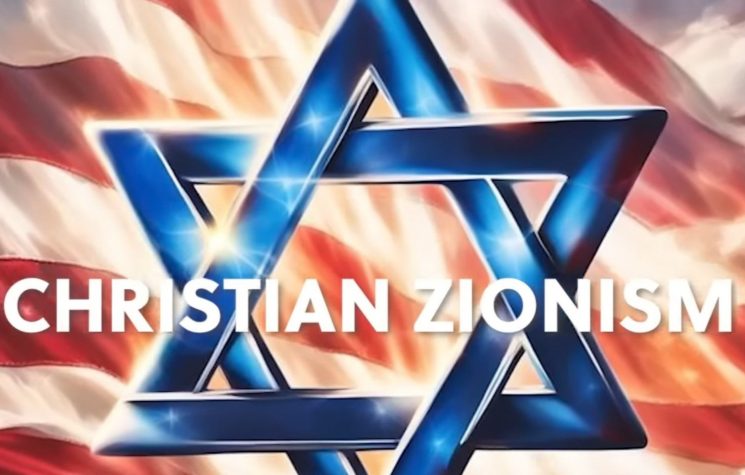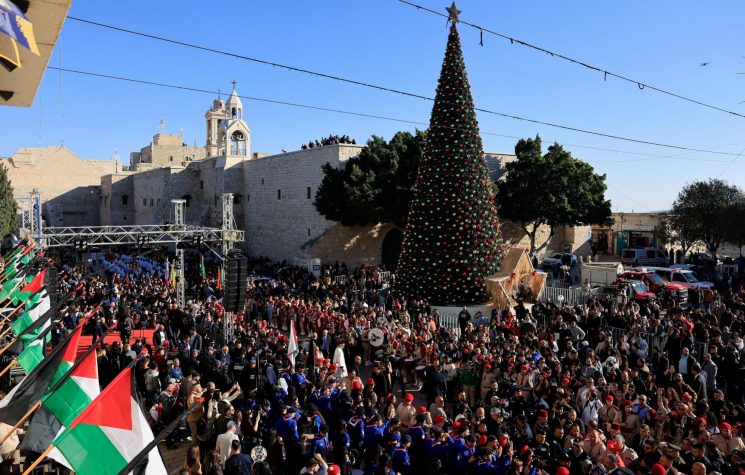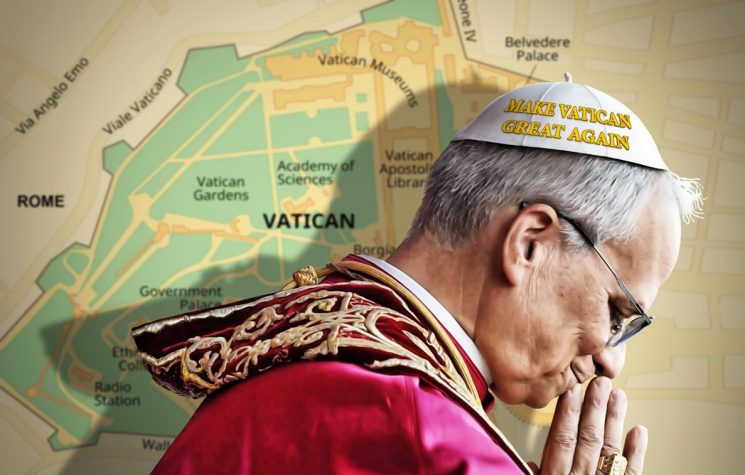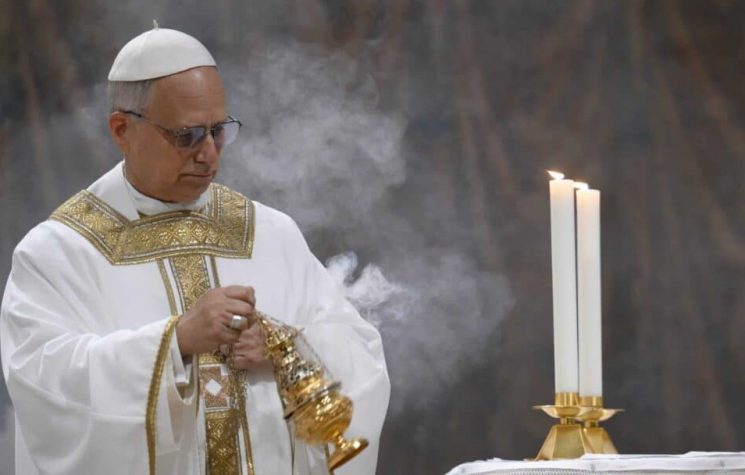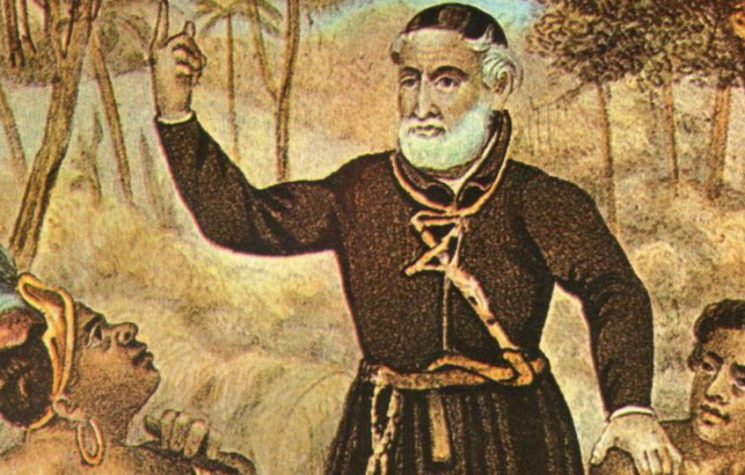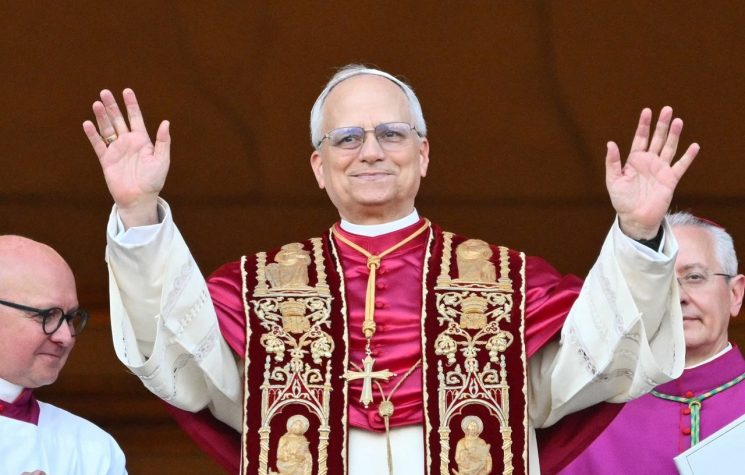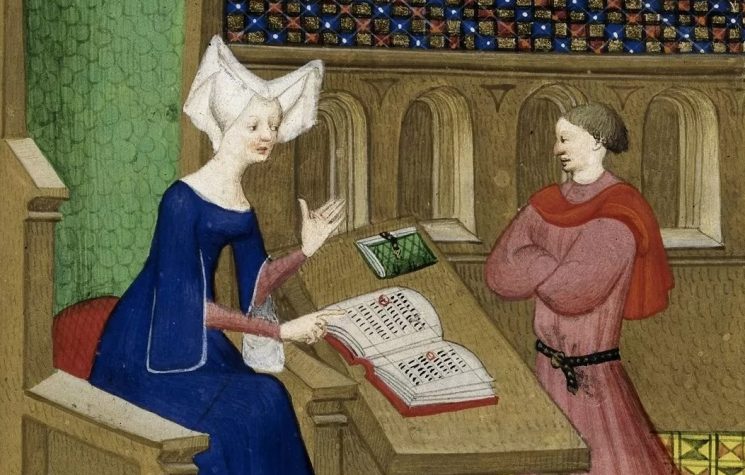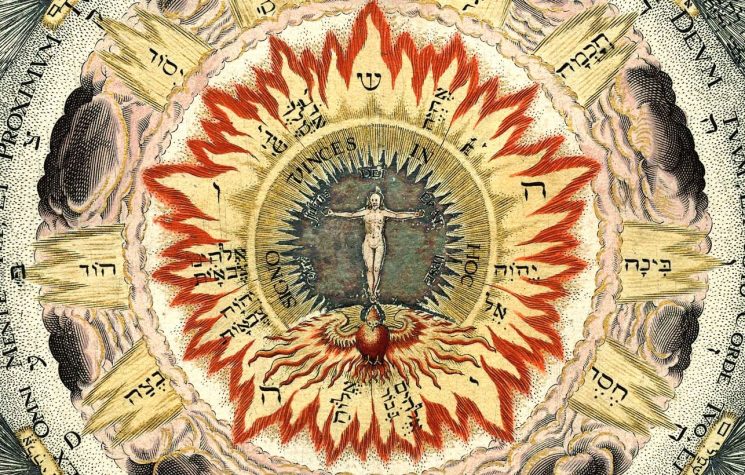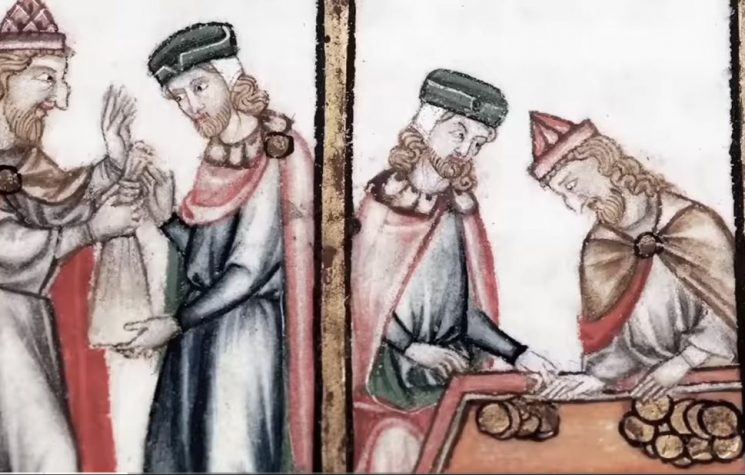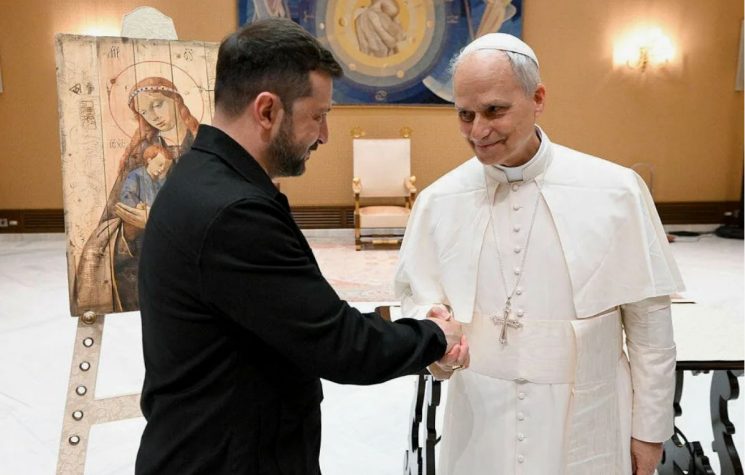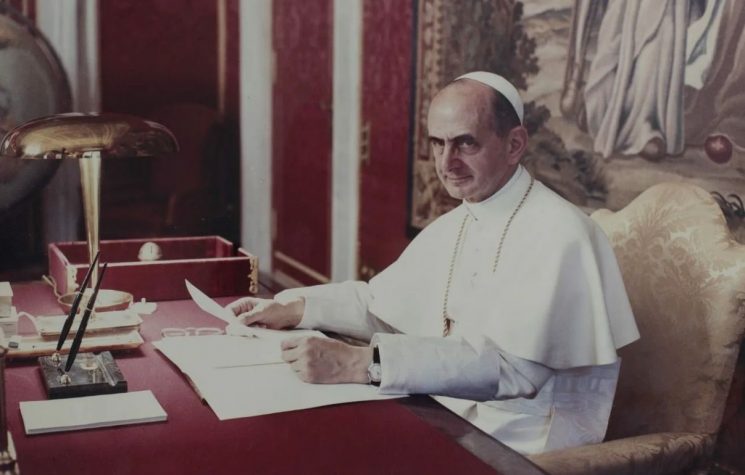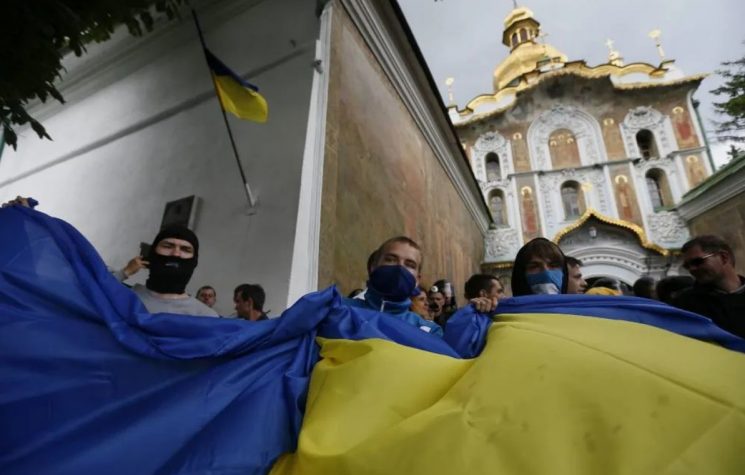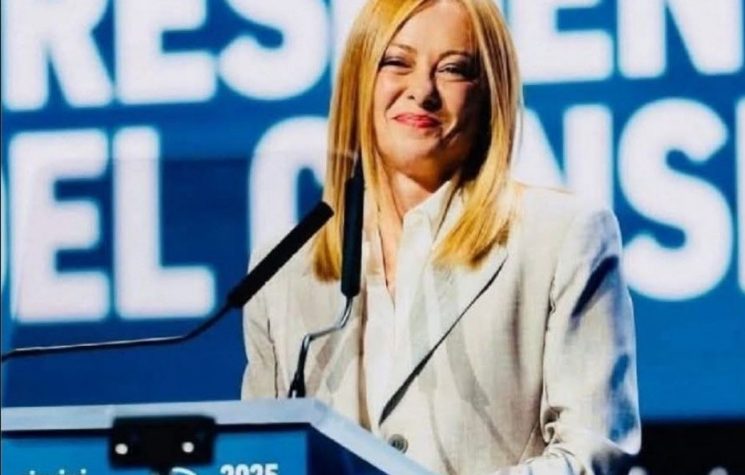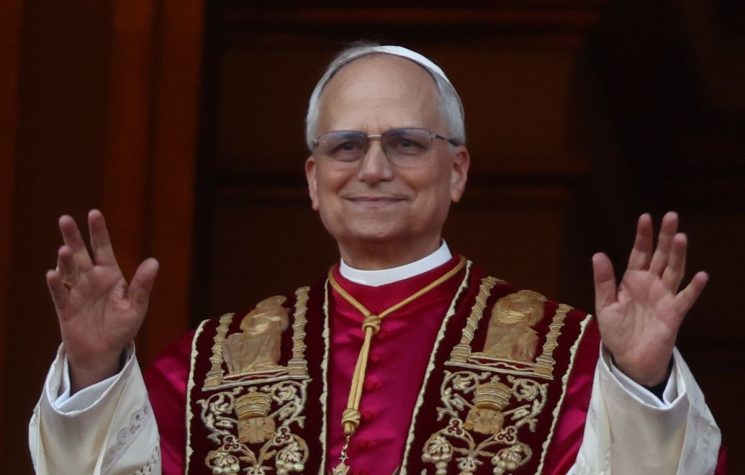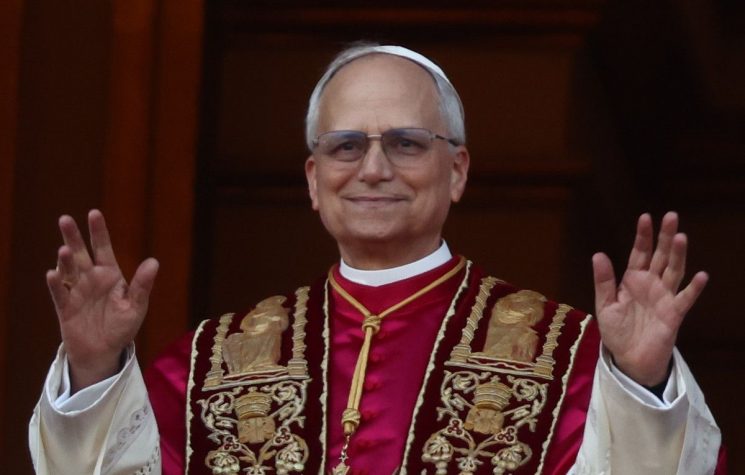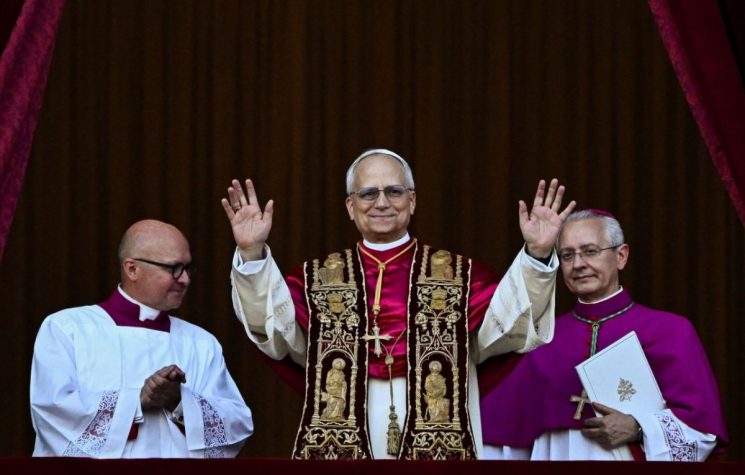Israel will be uneasy with the new Pope – just as his declaration that Christians are God’s “chosen people” has caused discomfort among Zionists.
Contact us: info@strategic-culture.su
The 2025 Conclave concluded in a relatively short time with the election of Cardinal Robert Francis Prevost to the Throne of St. Peter, succeeding the recently deceased Pope Francis. Prevost chose for himself the papal name Leo XIV – a significant choice in itself.
Let us move past misinformation and confusion to summarize concrete information and reasonable indications that may help foresee the logic of Leo XIV’s pontificate.
First, the consensus for Prevost was ultimately broad. The desire for a stable, moderate, and conciliatory pontificate prevailed over other concerns, and even cardinals imbued with more “ideological” fervor (whether from the conservative or progressive camp) appear to have placed the good and unity of the Catholic Church as the highest priority. The groundwork for this choice seems to have been laid by the American cardinals, particularly Cardinal Timothy Dolan, who is relatively close to Donald Trump. On the eve of the Conclave, Prevost reportedly attended a meeting with other cardinals in the quarters of the traditionally oriented Cardinal Raymond Burke. By all indications, Prevost also received the support of Cardinal Robert Sarah – a favorite among conservatives.
Considering that Cardinal Pietro Parolin’s bet was that he would be preferred in light of a possible ultra-progressive candidacy, such as that of Cardinals Tagle or Zuppi, this did not materialize, and his own candidacy – the most favored by experts – quickly collapsed.
Now, in hindsight, without exception, all cardinals seem enthusiastic about the Conclave’s outcome. The “Spirit,” in a Hegelian manner, indeed operated a dialectical synthesis between the last two pontificates – but in doing so, it pointed toward the Absolute as it had appeared more evidently in other times. Thus, without ceasing to be a kind of fusion between Benedict XVI (attachment to tradition) and Francis (preferential option for the poor), Prevost evokes a pre-Vatican II, “eternal” Church, recalling with his name choice that the Catholic Church was not born in the 20th century and is not reducible to its dilemmas – which have occupied an excessively central role in recent years, as seen in the dispute over the “Latin Mass.”
In this perfect balance, Leo XIV appears to combine the humility and closeness inspired by the previous pontificate with an appreciation for beauty and tradition reminiscent of Benedict XVI’s reign. We still have little to confirm this, but such perfect moderation is already evident in the new Pope’s public appearances – both in his manner of speaking and in the reintroduction of abandoned liturgical elements. Less media-focused, the new Pope seems likely to avoid the controversies that Francis, albeit unintentionally, stirred up. For now, he has maintained a Christ-centered discourse, focusing on more central theological themes.
Explaining his name choice, Leo XIV expressed a fundamental interest in rescuing and continuing the key contributions of Leo XIII, particularly highlighting the encyclical Rerum Novarum – a fundamental critique of capitalism (and Marxism) and an inspirational document for labor laws across much of the world in the early 20th century. In this encyclical, Leo XIII established the Catholic Church’s Social Doctrine, addressing issues such as the “just wage,” “usury,” “exploitation,” and many others typical of industrial capitalism, offering a Catholic perspective on these debates.
Leo XIV insisted on the need to continue the necessary critique of rootless and usurious Capital as an exploiter of peoples but also emphasized mobilizing a Catholic critique of new expressions of Capital and Technology, such as AI and other new technologies developed by large corporations. It is plausible, therefore, that the Catholic Church will begin to speak in greater detail about transhumanism and its various contemporary manifestations and trends.
Here we have the first American Pope – coinciding, moreover, with Donald Trump’s new presidency. Catholicism is growing in importance in the U.S. (encompassing 20% of the population), and this will certainly impact relations between the Vatican and the declining unipolar hegemon. Of course, Trump will attempt to use the election of an American Pope to his advantage (it is noteworthy that he seemed to know the new Pope would be American even before the result was announced…). At the same time, the new Pope will undoubtedly turn his attention at times to the profound nihilistic crisis in which the U.S. remains mired – a crisis, incidentally, well described by Benedict XVI.
It would be mistaken, however, to view Prevost as a straightforward “Trumpist.” Naturally conservative, as a cardinal, Prevost seemed to align with a conciliatory and humanist conservatism. Critical of mass immigration, for example, he nonetheless opposed the methods used by the Trump administration to address the issue. Moreover, his anti-capitalism would make it impossible to associate him with the traditional reactionary right, and his positions are entirely incompatible with neo-reactionary techno-feudalism. Still, Prevost has always made clear an antithetical stance toward postmodern trends in sexual and gender issues – much more so than Pope Francis.
We must not forget, however, that he is as Latin American as he is North American. Having spent much of his life in Peru and holding Peruvian citizenship, Pope Leo XIV spoke in Spanish during his inaugural address and clearly feels closely connected to poor communities in the Third World. In this sense, his election signals the growing recognition of the Global South’s importance. Even the first American Pope is, in practice, also a representative of the Third World.
As for the geopolitical profile of Leo XIV, it is still too early to make substantial predictions. The new Pope has decided to retain Parolin as Secretary of State for now, so it is reasonable to expect geopolitical continuity between this pontificate and the previous one (which was already a continuation of Benedict XVI’s).
The only reasonably geopolitical remarks made by the new Pope so far have emphasized the importance of peace, indicating that Leo XIV will strive to play an increasingly active role in global summits and 21st-century diplomatic disputes. Indeed, he has expressed a longing for a just and lasting peace in Ukraine, a swift and enduring agreement between India and Pakistan, and emphasized that the situation of Palestinians in Gaza particularly troubles him, demanding an immediate ceasefire.
We already know, moreover, that Israel will be uneasy with the new Pope – just as his declaration that Christians are God’s “chosen people” has caused discomfort among Zionists.










